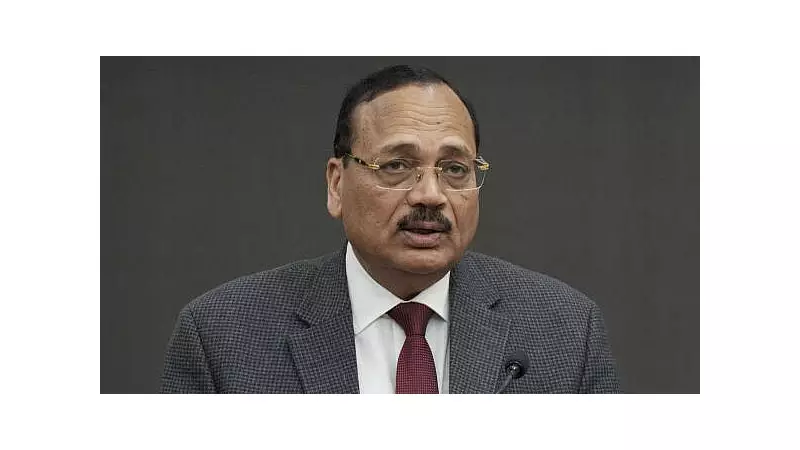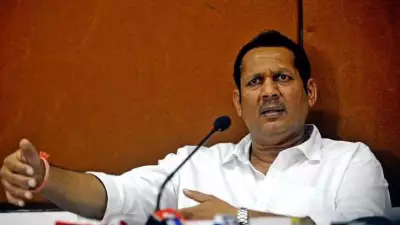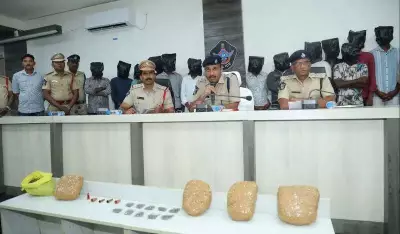
Justice Surya Kant has outlined his key priorities after assuming the role of Chief Justice of India, with a strong focus on addressing the massive pendency of cases across Indian courts and promoting mediation as an effective alternative dispute resolution mechanism.
Clearing the Judicial Backlog
In his first public statements as CJI, Justice Kant emphasized that reducing case pendency would be one of his primary objectives. The Indian judiciary has been grappling with millions of pending cases across various levels, creating significant delays in justice delivery for countless citizens.
A Practical Example of Efficiency
Justice Kant provided a compelling example of how strategic judicial approaches can make a substantial impact on case clearance. He revealed that through a single judgment he delivered in batch matters related to land acquisition in Delhi, approximately 1,200 cases were disposed of simultaneously.
This approach demonstrates how consolidated hearing of similar matters can dramatically improve judicial efficiency. The land acquisition cases from Delhi had been pending resolution for considerable periods, affecting numerous stakeholders including landowners, government agencies, and developers.
Emphasis on Mediation
Beyond traditional court processes, the new Chief Justice stressed the importance of promoting mediation as a viable alternative for dispute resolution. Mediation offers several advantages including faster resolution, reduced costs, and mutually acceptable outcomes for all parties involved.
The focus on mediation aligns with global best practices in judicial reform and could significantly ease the burden on India's overworked court system. Justice Kant's announcement suggests a comprehensive approach to judicial reform that combines efficient court processes with alternative dispute resolution mechanisms.
The statements were made on November 22, 2025, marking one of the first detailed outlines of Justice Kant's vision for the Indian judiciary since taking over as Chief Justice of India. Legal experts have welcomed this clear direction from the country's top judge, particularly the practical examples of how judicial efficiency can be improved.





